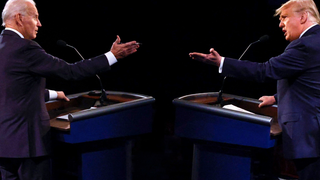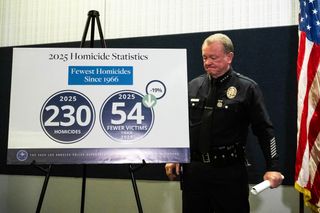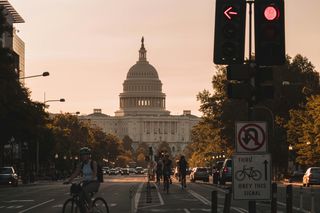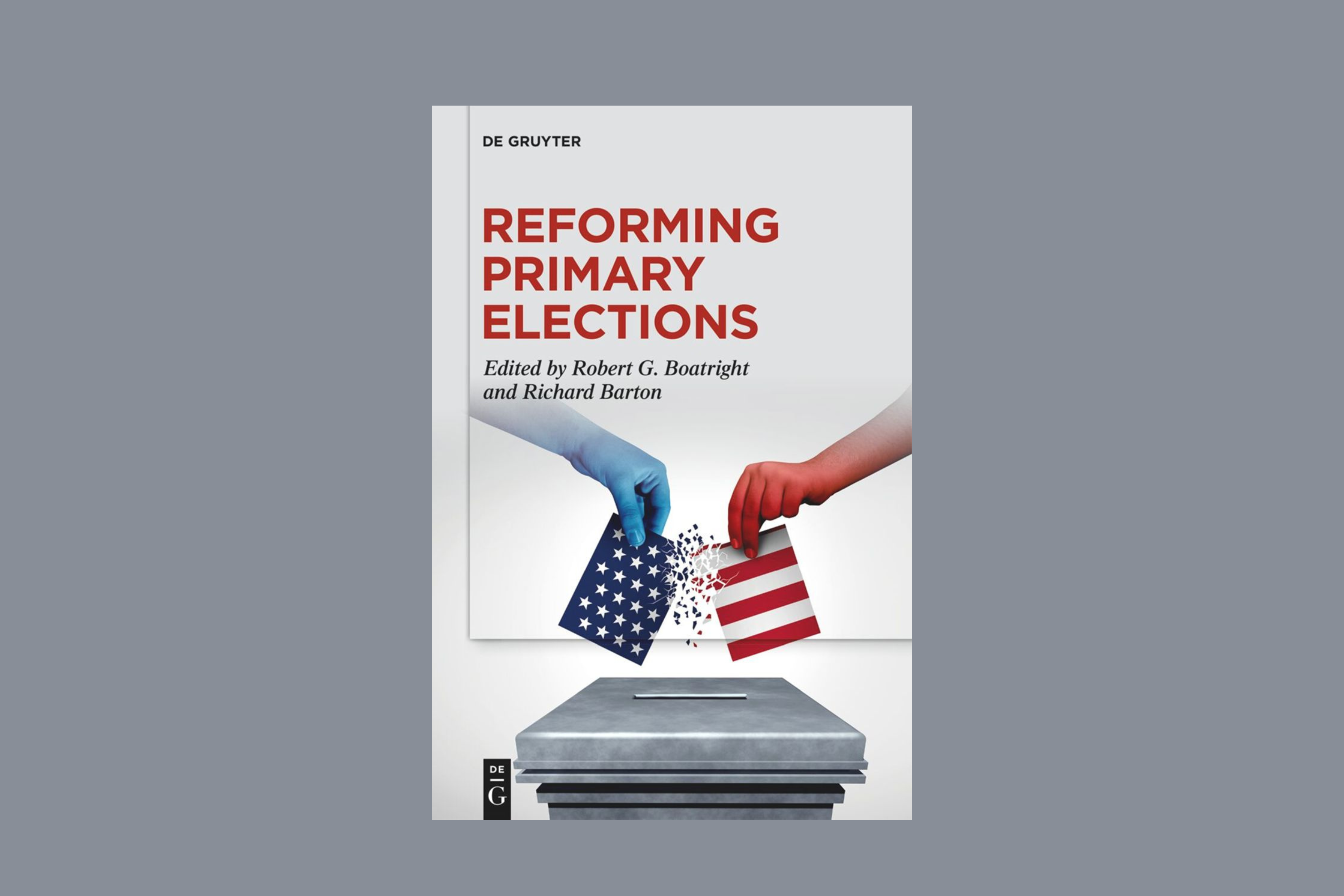Donald Trump may be the first convicted felon to become president - that won’t make much of a difference to the US-Australian alliance.
As director of research at the US Studies Centre and an American living in Australia, I’m constantly asked about the upcoming US election. In light of the conviction of former president Trump, I’m particularly asked whether he will – or even can – win from a jail cell. While I always make clear that practically any US-born citizen at least 35 years old can win the presidency from a jail cell and that it’s highly unlikely Trump will be in one on election day, I also consistently disappoint journalists and friends alike when I say I’m honestly not sure who will win.
Journalists may politely accept my non-answer on the record but soon after the recording equipment is turned off, they will interrogate me further with some variation of: “Okay, sure, but who do you actually think will win the US election?”
My answer remains the same: I don’t know whether Trump or Joe Biden will win: the polling remains close and it is too early to call it, especially in the midst of the first-ever criminal conviction of a major party candidate. More importantly, however, the 2016 election that brought Trump into office taught us so-called experts that it’s a fool’s errand to try to make public predictions about US election outcomes.
But as exasperated as journalists may be with my non-answer, they are even further irritated when I say that, ultimately, this US election outcome doesn’t change very much for Australia.
Don’t get me wrong: Trump and Biden not only detest each other but they also take almost polar opposite positions on topics that range from Ukraine and the Middle East to climate change and how America’s democracy functions.
For Australia, however, the two men are more similar than they appear. This was a view that clearly emerged in the United States Studies Centre’s recently released Red Book/Blue Book publication. Across a vast array of issues, Australian policymakers would be mistaken in thinking the US will choose one of two very polar opposite paths in November. They would also be wrong in thinking that they would have lesser influence in a second Biden or Trump term of office.
Firstly, the size of government itself is simply not the electoral issue it once was. Democrat Bill Clinton famously adopted Republican Ronald Reagan’s small-government and low-tax mentality when Clinton said in his 1996 State of the Union address the “the era of big government is over”. That libertarian moment is now over.
The US embrace of industry policy will remain regardless of November’s outcome. From critical minerals to financial sanctions, there is no longer a question about whether the US government will play a larger role in economic decisions – the only question is to what degree and what sector. Biden may want more subsidies for green technologies while Trump may want more government assistance for domestic manufacturing, but ultimately they both want significantly more federal government intervention in the economy.
Secondly, the bucking of Reagan-era policies is also apparent in Trump and Biden’s approach to trade. Many had hoped Biden, the self-described institutionalist, would restore yesteryear’s global trading architecture by ending Trump’s “trade war” with China, reinvigorating a hobbled WTO and joining the successor to the (formerly US-led) Trans-Pacific Partnership. Instead, however, Biden has only added to the tariffs Trump imposed on China, refused to enable the WTO to become fully functional again, and remained in discussions on an Asia-based “economic framework” that does not actually incorporate a trade agenda.
Third, US allies doing more for themselves has never been more popular in Washington and also among Americans. While Europeans deride Trump’s (arguably jokingly) encouraging a Russian invasion of the nations who don’t “pay up”, they make the mistake of thinking his scepticism of NATO is an aberration. While US Studies Centre polling, among others, continues to find most Americans remain highly supportive of allies and partners, Americans are also tired of allies free-riding – not doing enough to contribute to their own defence.
Practically every US president, from Eisenhower through to Obama, has complained – some more publicly than others – about allies (particularly Europeans) not stepping up. Security experts increasingly admit it is something Americans – and those in favour of maintaining a rules-based order in which might does not equal right – expect.
These areas of continuity between candidates makes clear Australia is better placed than practically any other US ally to do well with whomever wins in November. Australia’s free trade agreement with the US affords it stable access to the US market as well as to many of the new US government programs from which non-free trade partners – including all of Europe – are excluded. Australia’s middle-power diplomacy, alongside Japan, in support of a rules-based economic order in Asia affords it quiet US support for maintaining regional economic stability when domestic political pressures limit US economic leadership.
But perhaps most importantly, as a long-time US treaty ally now making unprecedented investments in its defence capabilities – including paying billions of dollars to the US for nuclear-powered submarine technology – Australia has earned more influence than ever in Washington.









.png?rect=0,3,6000,3994&w=320&h=213&auto=format)